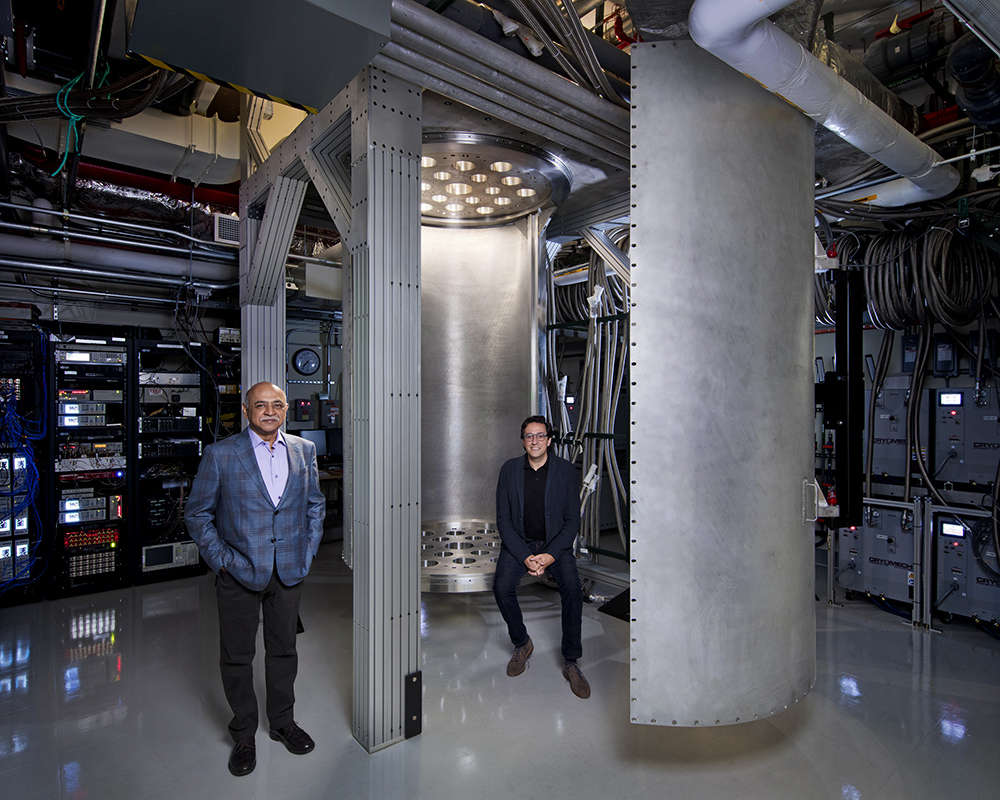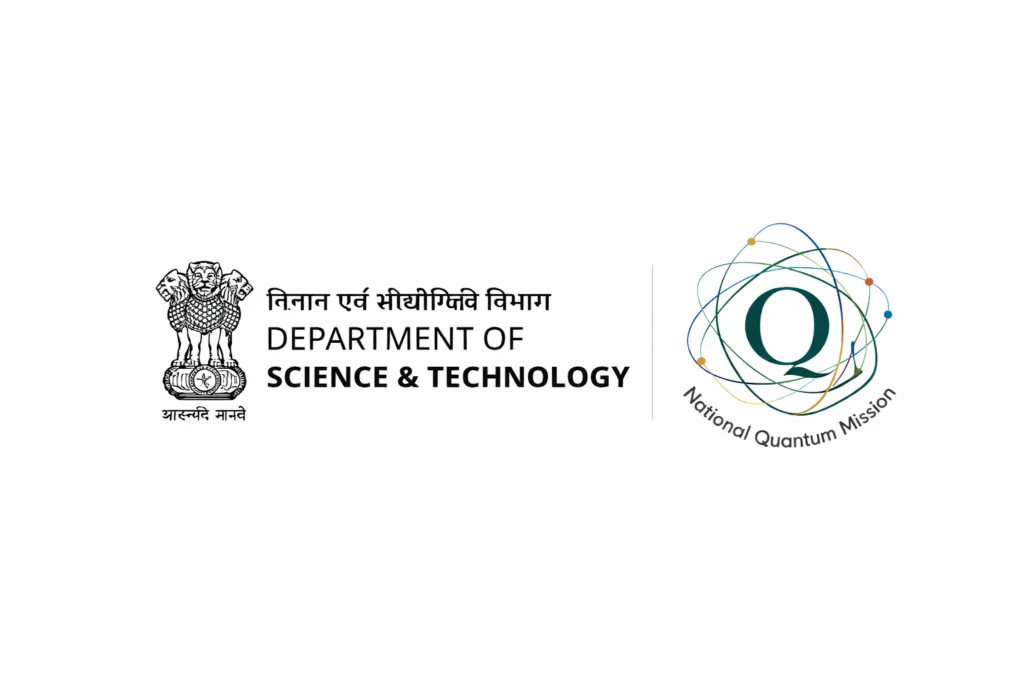
IBM researchers have cranked out more than 9,130 patents in 2020, many of them in deep tech areas, such as AI, cloud computing and quantum computing, according to a blog post.
The number places the company a unique global leadership position, according to the post.
“For me, this patent leadership symbolizes much more than just the mere fact of being at the top. A patent is evidence of an invention, protecting it through legal documentation, and importantly, published for all to read,” writes Dario Gil, director of IBM Research. “The number of patents we produce each year — and in 2020, it was more than 9,130 US patents — demonstrates our continuous, never-ending commitment to research and innovation. We are actively planting the research seeds of the bleeding edge technological world of tomorrow. Our most recent patents span artificial intelligence (AI), hybrid cloud, cyber-security and quantum computing. It doesn’t get more future-looking than this.”
Gil spotlights quantum computing, adding that this area is increasingly becoming a driver of IBM research and development.

“This next-generation technology is getting ever better,” he writes “I am convinced that in the near future, products relying on quantum computation will be an integral part of our daily lives. By inventing and patenting those products today, we are ensuring our quantum future.”
One of IBM’s patents in quantum computing covers running molecular simulations on a quantum computer.
“Performing such simulations faster and across a much wider molecular space than a classical computer can ever do could help us design new molecules for novel drugs or catalysts,” Gil Writes. “Another patent addresses the use of quantum computing in finance, to run risk analysis more precisely and efficiently than ever before.”
Other patents are designed to help quantum computers perform better, according to the IBM research leader.
“Quantum computers of today are ‘noisy’ — meaning that the quantum bits, or qubits, they rely on get easily affected by any external disturbances,” Gil added. “Many of our patents detail ways to make qubits much more stable and even suggest approached to correct the remaining errors in future stable qubits, the path to realize quantum error-correction and unleash the power of quantum computers to solve the currently unsolvable.”
Big Blue, Deep Tech
Other deep technology areas covered by the patents include AI and the cloud. In cloud computing, the company received around 3,000 patents. about 2,300 AI patents.
“In cyber-security, I’d like to single out patents in fully homomorphic encryption — an area of cryptography where computations are made on data that stays encrypted at all times,” writes Gil “With so many data leaks jeopardizing the privacy of our medical, genomic, financial and other sensitive records, secure encryption is more important than ever.”
According to Gil, the company received about 3,000 patents, many focusing on data processing categorizations that can help bring services to the edge.
“In cyber-security, I’d like to single out patents in fully homomorphic encryption — an area of cryptography where computations are made on data that stays encrypted at all times,” Gil writes. “With so many data leaks jeopardizing the privacy of our medical, genomic, financial and other sensitive records, secure encryption is more important than ever.”
In AI, the company’s researchers produced about 2,300 patents. Gil spotlights two ideas in his blog post.
“To take two examples among many: a novel way to search multilingual documents using natural language processing, and an ultra-efficient system for transferring image data taken by an on-vehicle camera,” said Gil. “These both speak to the innovation and original thinking from our inventors in AI.”
It Takes Time, But Patents Boost Innovation
Critics may charge that patent awards don’t necessarily lead to practical solutions for people. Gil disagrees.
“One might argue against having patents that don’t get immediately turned into commercial products,” writes Gil. “But I disagree. Inventing something new is similar to putting forward a well thought out theory that may, one day, be verified experimentally. Perhaps not straight away, but it’s still vital to have theories to enhance our overall understanding of a field and to keep progress going. Having future-looking patents is just as important as those aimed at products of today, and a broad portfolio of scientific advances always ends of up contributing to waves of innovation.”
For more market insights, check out our latest quantum computing news here.














.jpg)
